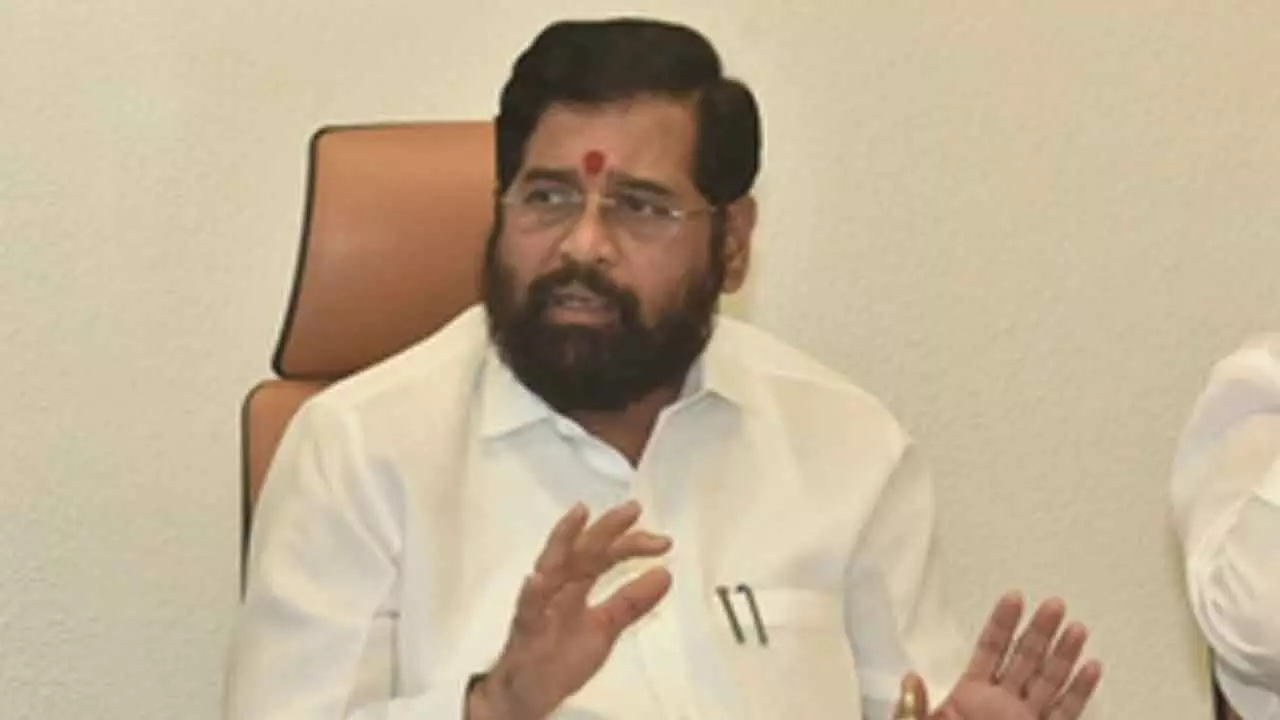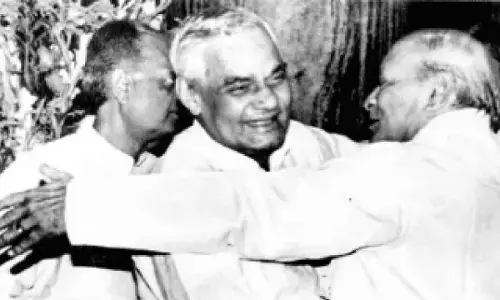Maha Cabinet clears revised NPS on lines of Centre’s UPS
Share :

A day after the Union Cabinet approved the Unified Pension Scheme (UPS) for Central government employees, the Maharashtra Cabinet chaired by Chief Minister Eknath Shinde on Sunday approved the implementation of a revised National Pension Scheme (NPS) for state government employees on the lines of the central scheme.
The revised National Pension Scheme of the state government will be implemented from March 1, 2024, to the employees who are covered by the National Pension System.
There are 13.45 lakh state government employees and also from local self-government. Of the 13.45 lakh employees, 8.27 lakh employees are presently covered under the National Pension Scheme.
The Cabinet gave its consent based on the report submitted by a high-level committee headed by retired IAS officer Suresh Kumar which had recommended that the state government should bear the risk of investment in the NPS.
As per the revised pension scheme, the employees will get a pension equal to 50 per cent of their last salary plus dearness allowance and 60 per cent of the family pension.
However, the difference between the UPS and the state government’s revised NPS is that under the UPS the employees will get an average of the last 12 months’ salary and in the revised NPS they will get a pension equal to 50 per cent of their last salary.
It is also not clear whether the full pension will be given in 25 or 30 years and whether a minimum pension will also be given for 10 years of service.
Employees who have retired before March 1, 2024, and who have purchased an annuity after retirement under the National Pension Scheme will continue to benefit from the annuity admissible under the National Pension Scheme to the respective retired employees from the date of their retirement till February 29, 2024.
A pensioner who opts for the revised National Pension Scheme from the computation of the service period under this scheme will be related to the contribution (subscription) actually paid by the employee.
The period for which the employee has not contributed shall not be counted as a period of service for the above purpose.
The period during which the employee's contribution has not been deducted from his salary, if the employee pays future contributions with interest, that period will be counted as a period of service for the above purpose.
Any earlier or later withdrawals from the accumulated funds under the National Pension System will be required to be paid with 10 per cent interest from the commencement of the Revised National Pension Scheme otherwise pension will be admissible to them in that proportion.
After taking the necessary action in this regard and as this scheme is applicable to eligible employees other than state government employees, who have retired or are going to retire from the National Pension System before and after March 1, 2024, they will be given an option under the NPS or availing benefits under revised NPS.
However, these employees will have to pay up-to-date their contributions to the National Pension System. Also, it will be mandatory for the retired employee to pay 60 per cent of the refund received from his accumulated fund to the government.
At the same time, the pension will be admissible under this scheme after the government receives 40 per cent of the return from the annuity received from the Annuity Service Provider.
In this regard, the terms and conditions of the scheme will be prescribed and the procedure in respect thereof will be issued separately subject to the approval of PFRDA.
The above decisions shall continue to be applicable with appropriate modifications in respect of employees of recognised and grant-aided educational institutions, non-agricultural universities and their affiliated aided non-government colleges and agricultural universities who are members of the National Pension System and fulfil the conditions as above. Also, this decision will be applicable to Zilla Parishad employees.














